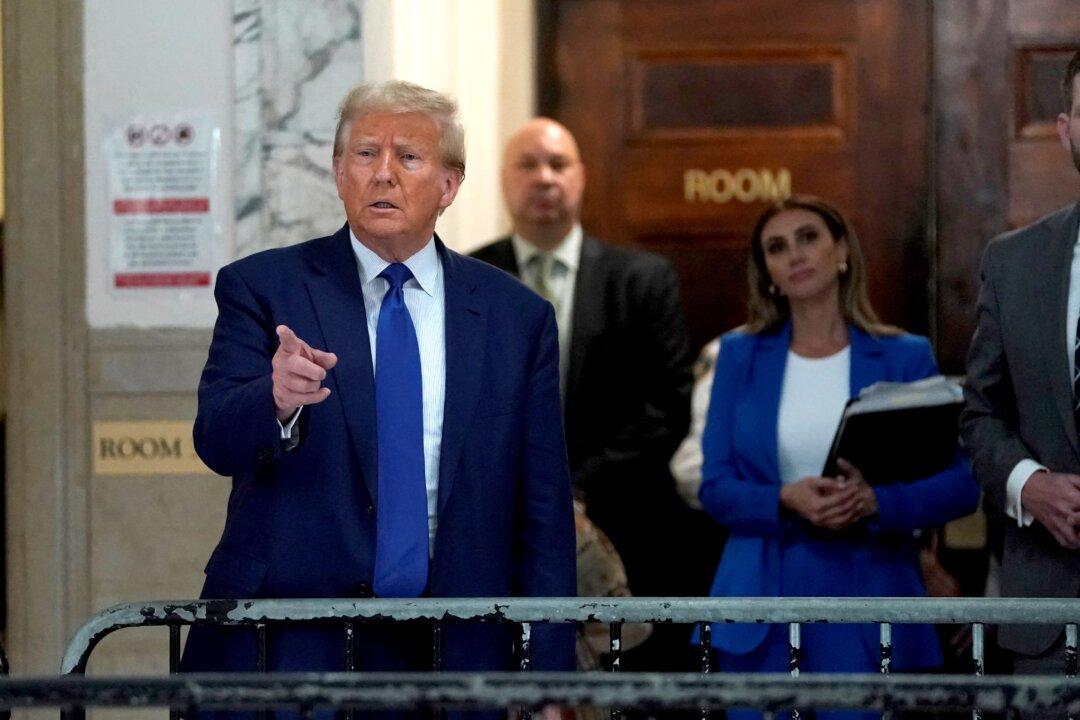After weeks of tumultuous and bitter testimony and cross-examination in New York Attorney General Letitia James’s civil lawsuit against members of the Trump family, the star witness is expected to take the stand when the trial resumes at 10 a.m. on Nov. 6.
Assistant Attorney General Andrew Amer’s highly aggressive questioning of Donald Trump Jr. and Eric Trump on the witness stand last week was a prelude to what looks sure to be the most intensive, closely watched phase of the trial. Former President Donald Trump will appear in the civil court building at 111 Centre Street in Manhattan to testify about the truthfulness of valuations of Trump family assets in financial statements provided to Deutsche Bank and other lenders.





